

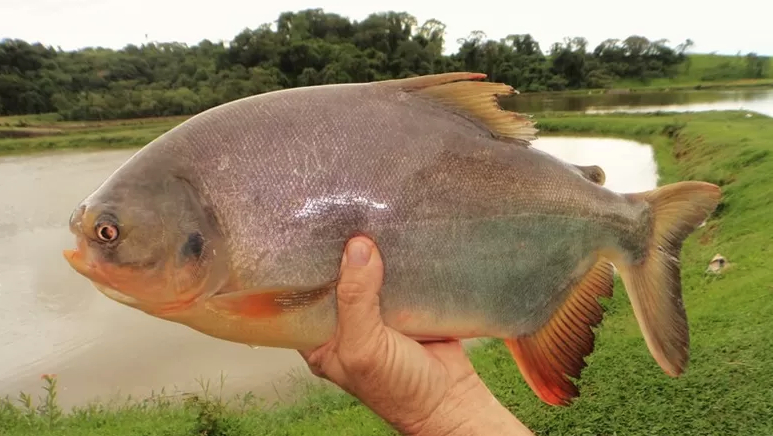
Brazilian researchers developed the material using biopolymers extracted from an Amazonian species known as tambatinga as the raw material.
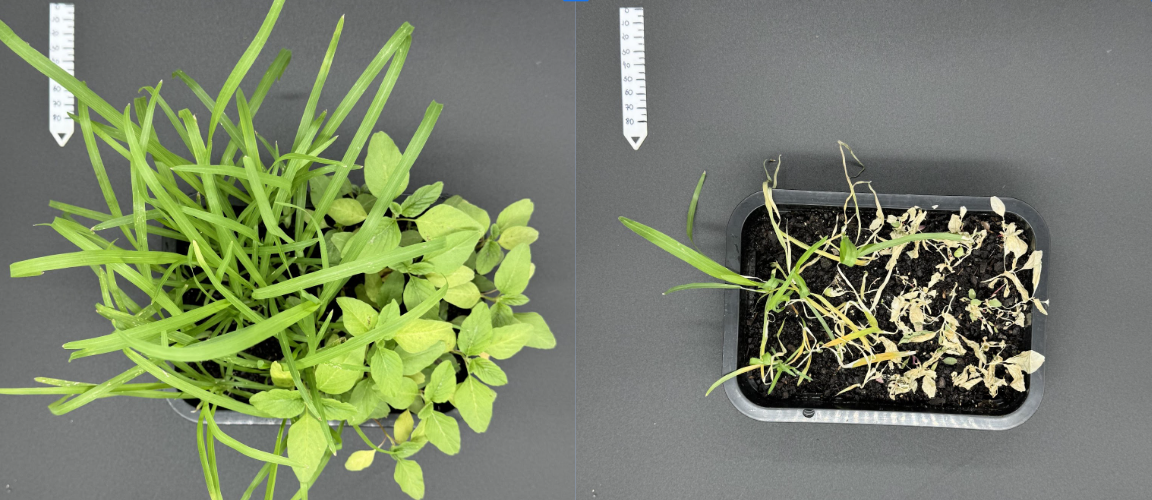
Scientists warn that terms such as “sustainable” must be used correctly and that the natural components of these products do not eliminate environmental concerns.

Scientists warn that terms such as “sustainable” must be used correctly and that the natural components of these products do not eliminate environmental concerns.
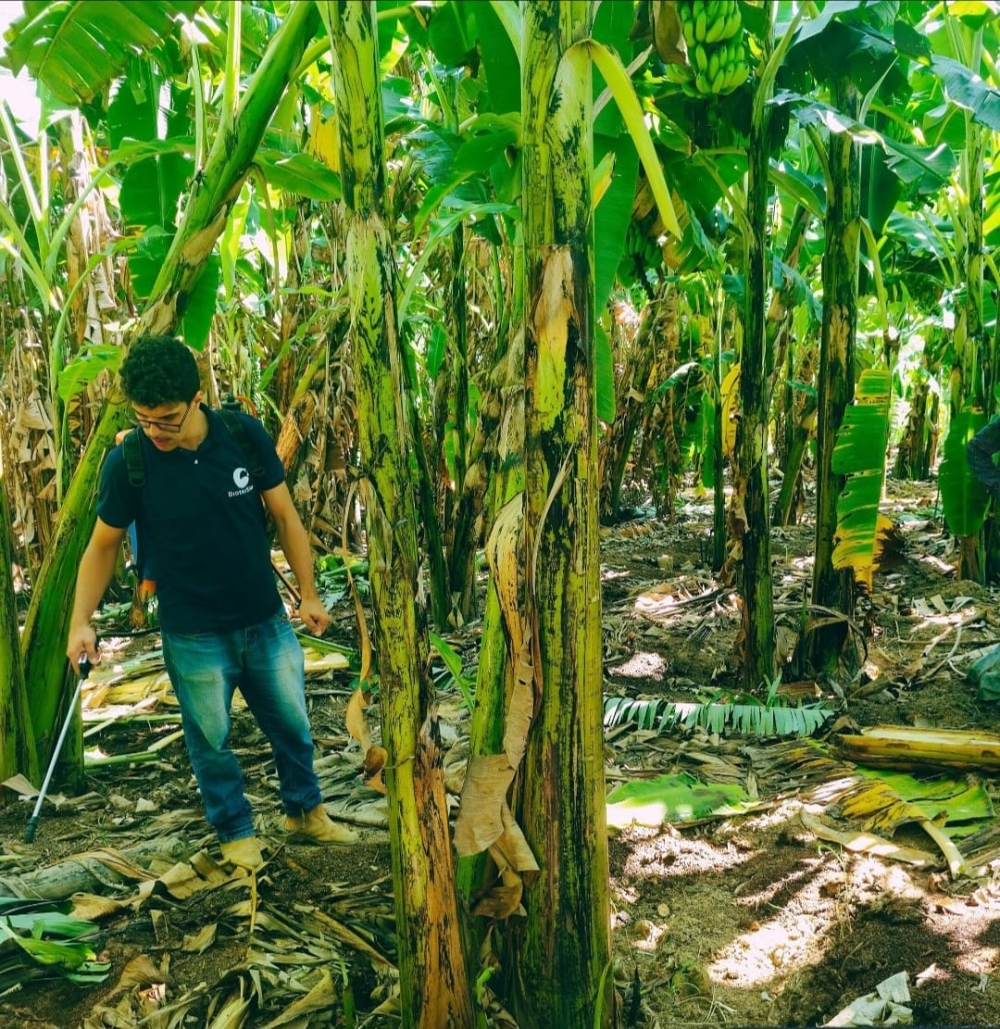
FAPESP-supported startup is developing a biostimulant that regenerates soil and increases the productivity and resilience of various crops.

FAPESP-supported startup is developing a biostimulant that regenerates soil and increases the productivity and resilience of various crops.
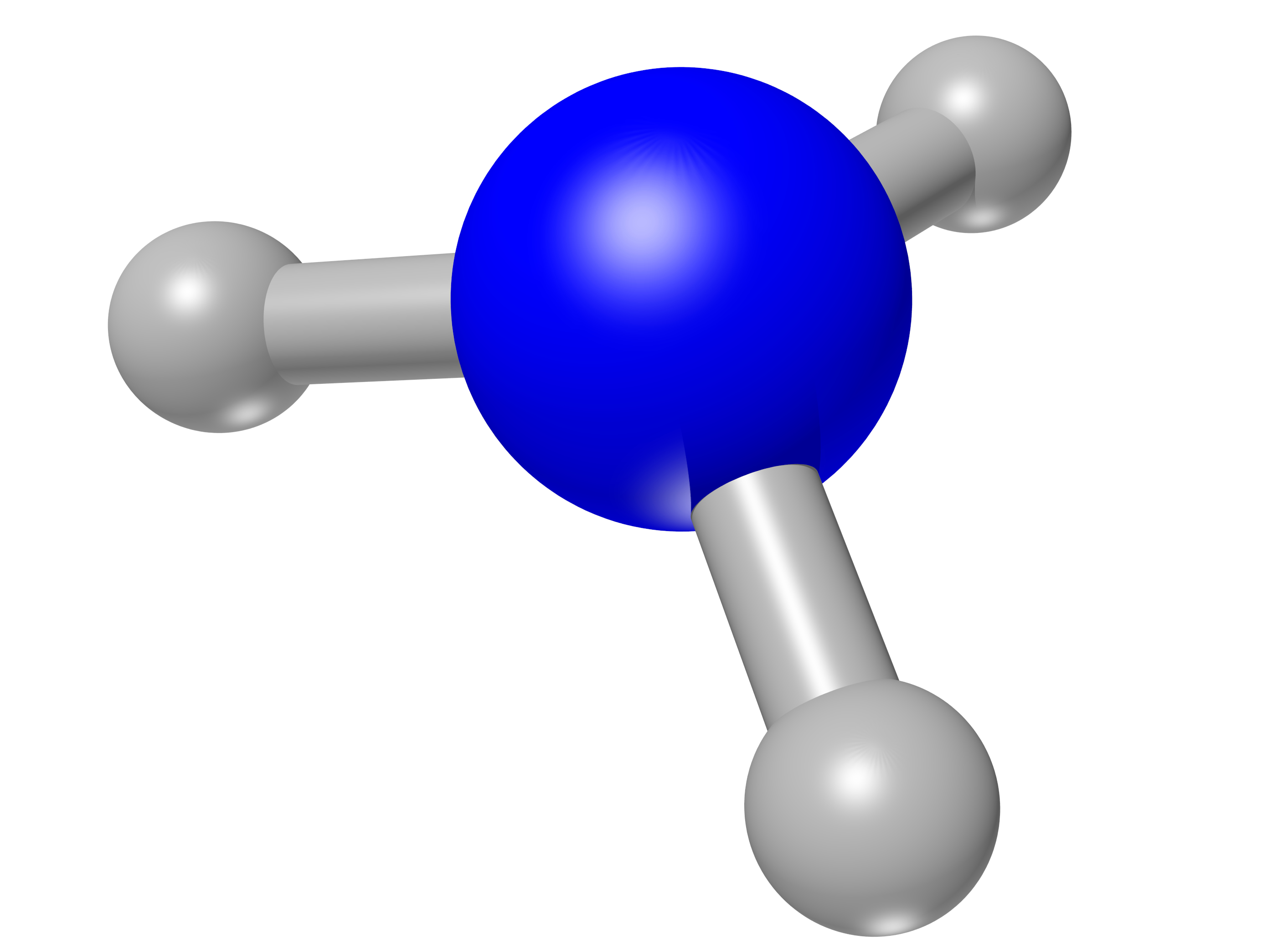
The chemical compound is used in various industrial processes, but its synthesis is highly polluting. Research involving scientists from the Center for Development of Functional Materials and the Center for Innovation on New Energies, supported by FAPESP, indicates clean ways of obtaining the input.
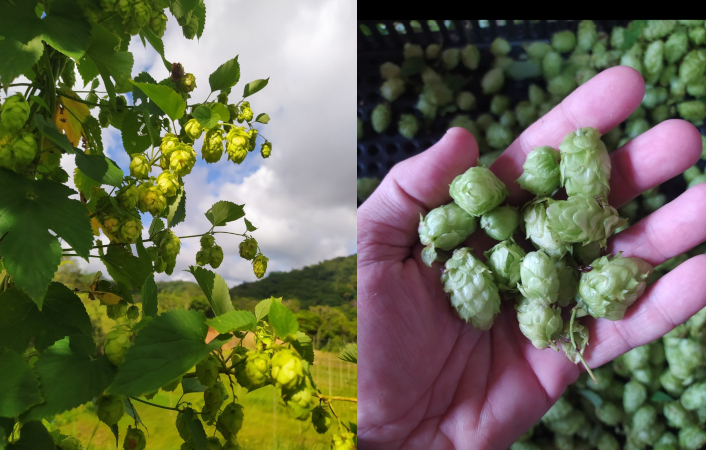
Project developed in the state of São Paulo, Brazil, allows for the highly efficient extraction of aromatic and bioactive compounds, reducing logistics costs and increasing beer quality.
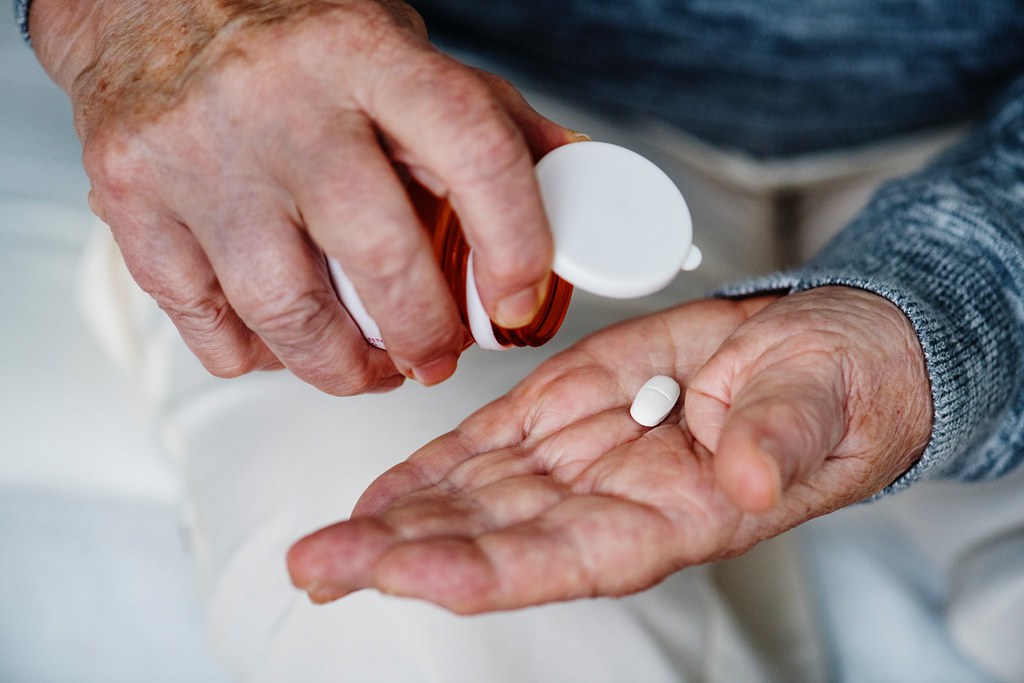
Work carried out at the State University of Campinas used environmentally friendly solvents and ultrasonic waves to remove the substance and increase its absorption by the body.

One of the world’s leading experts on the fruit, Hervé Rogez, a professor at the Federal University of Pará, warns about the social, environmental, and economic impacts of “açaízation” in the Amazon.
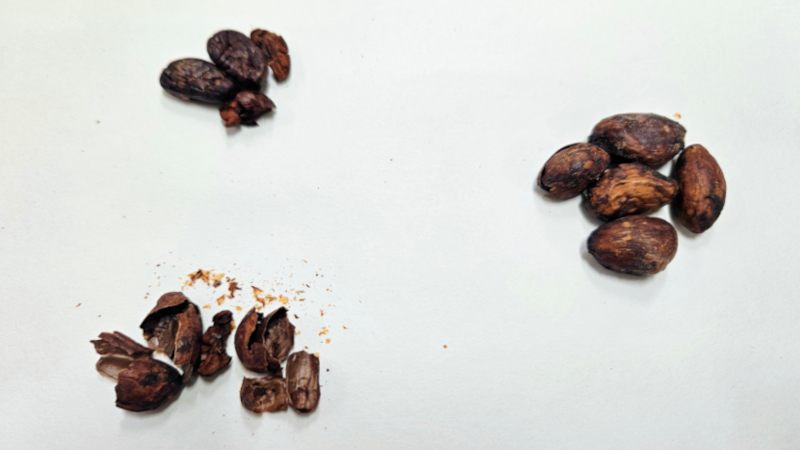
Researchers at the State University of Campinas used a product from native stingless bees to extract bioactive compounds, such as caffeine, from chocolate manufacturing waste. This process adds nutritional and commercial value to an ingredient that is usually discarded.

Researchers at the State University of Campinas used a product from native stingless bees to extract bioactive compounds, such as caffeine, from chocolate manufacturing waste. This process adds nutritional and commercial value to an ingredient that is usually discarded.
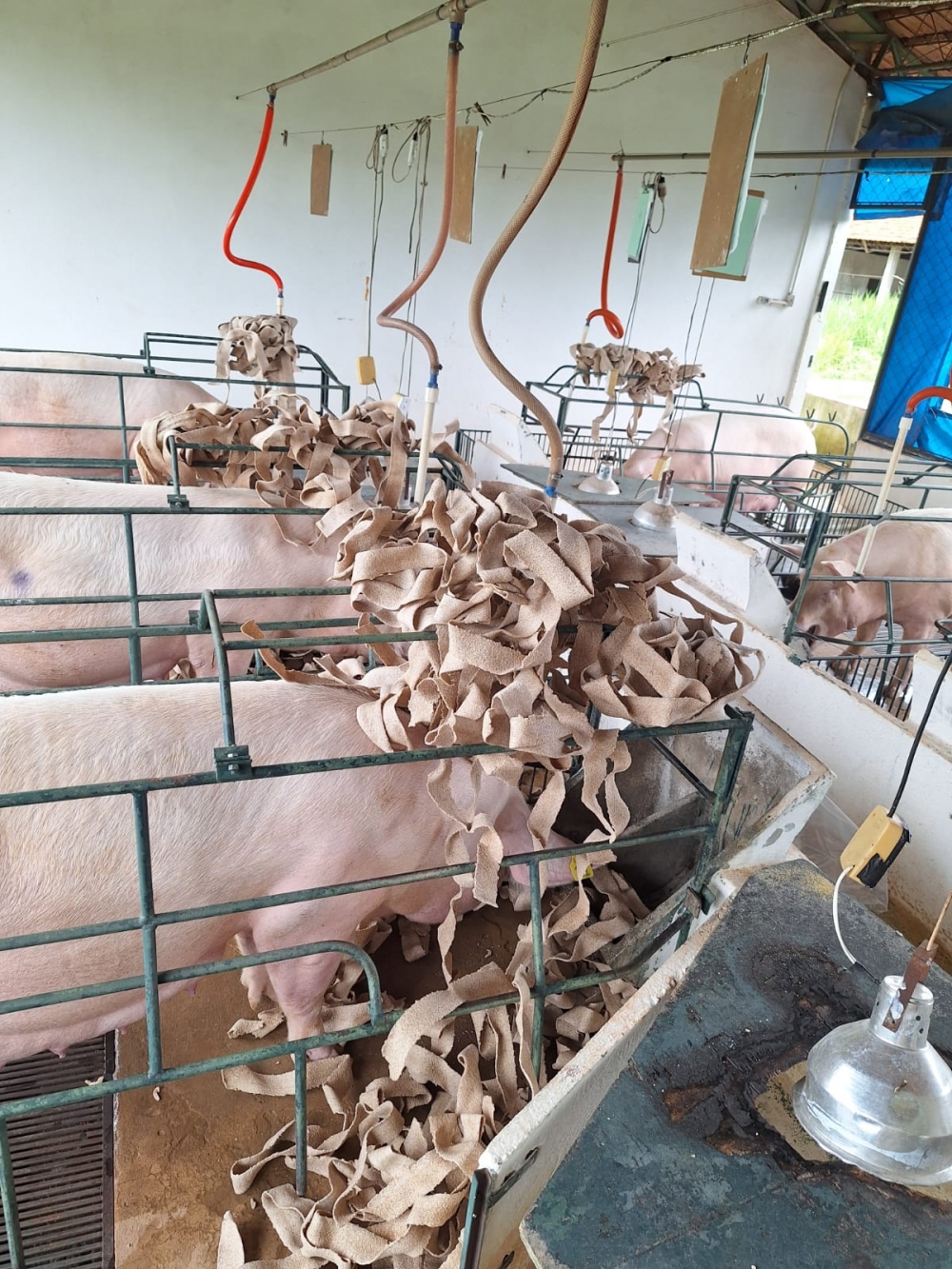
São Paulo startup develops biodegradable material that resembles branches, leaves, and grass used by pregnant sows in nature to prepare their birthing environment.
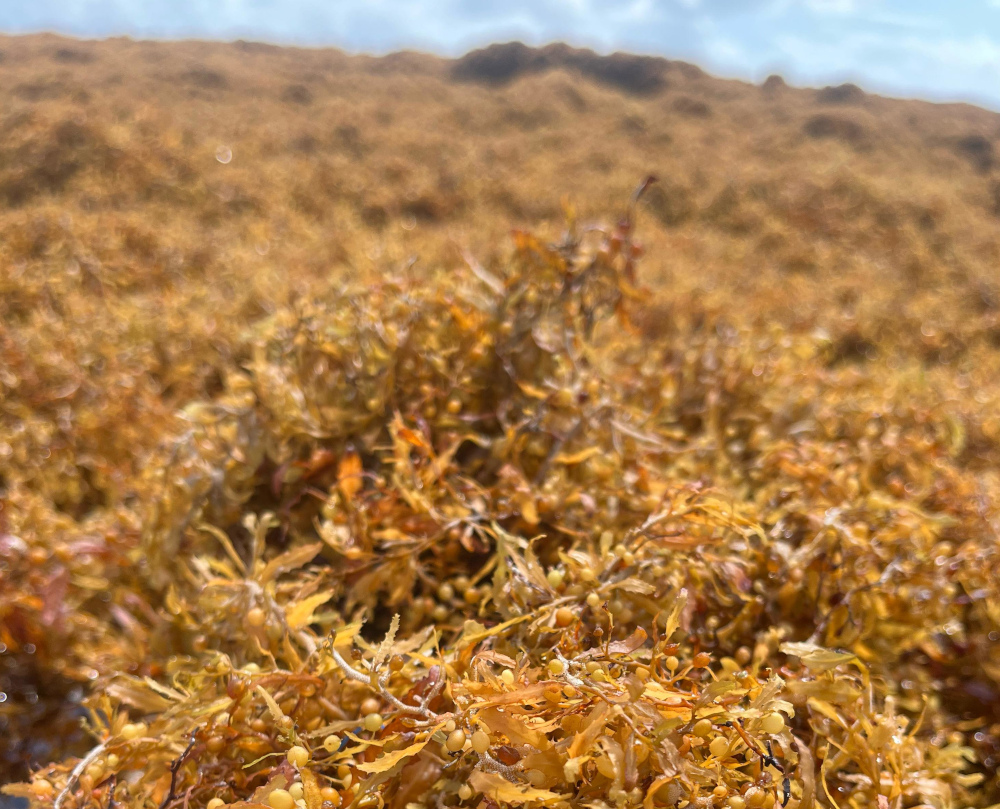
The accumulation of these algae on beaches can harm health, tourism, fishing, and biodiversity. They are usually collected and disposed of in landfills, but a study by Brazilian researchers has found a use for the biomass: to produce lightweight ceramic clay aggregates.
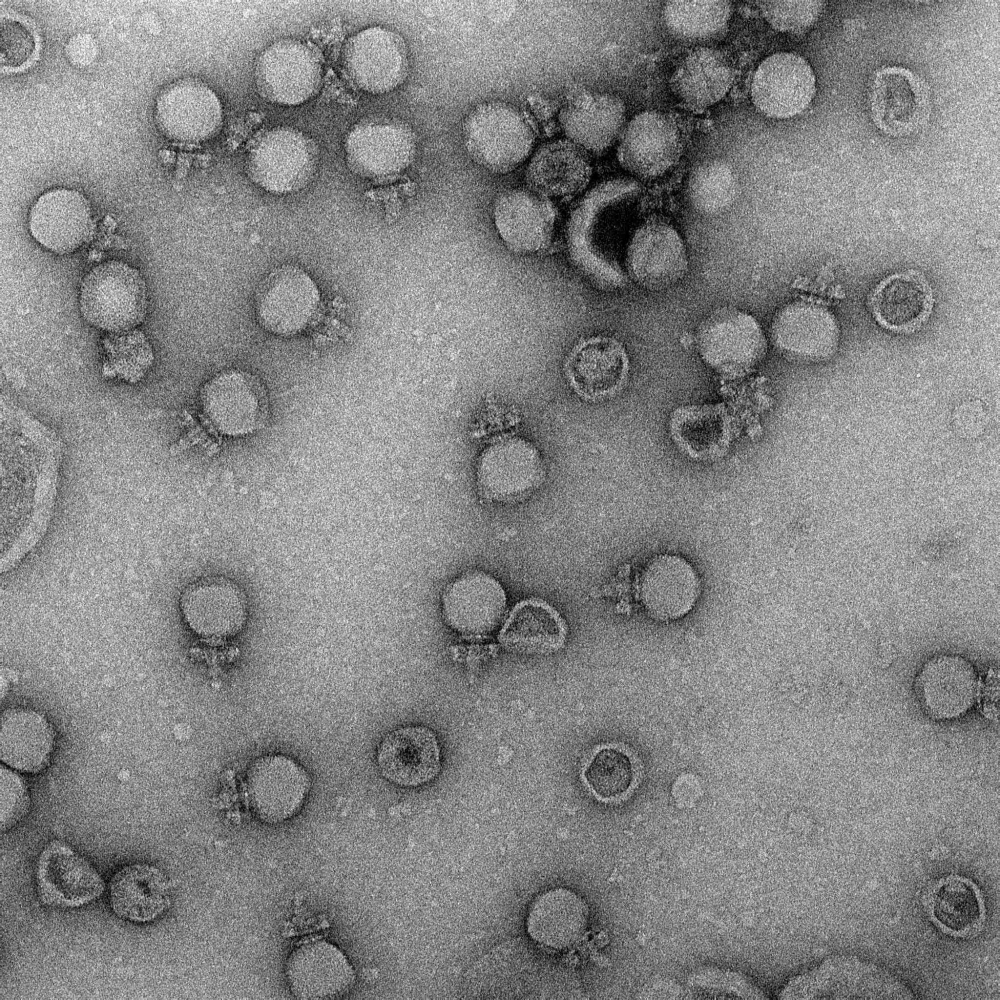
The startup uses bacteriophages to prevent mastitis in dairy cows and reduce the use of conventional drugs.
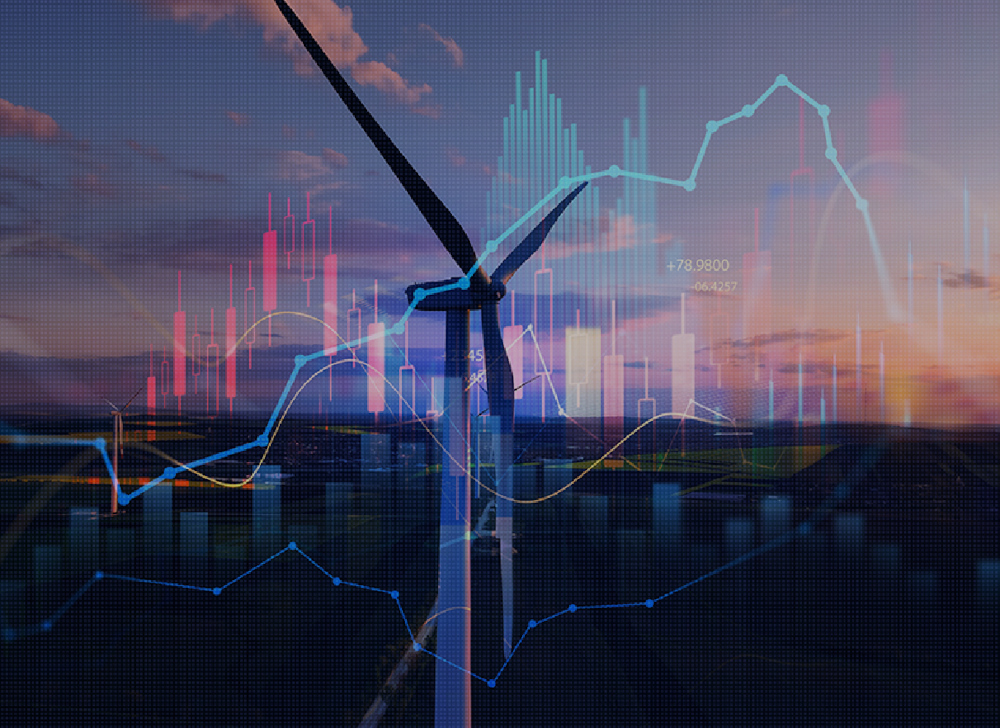
Insper is holding an event supported by FAPESP that will explore key areas for sustainable transformation. Register by August 15.
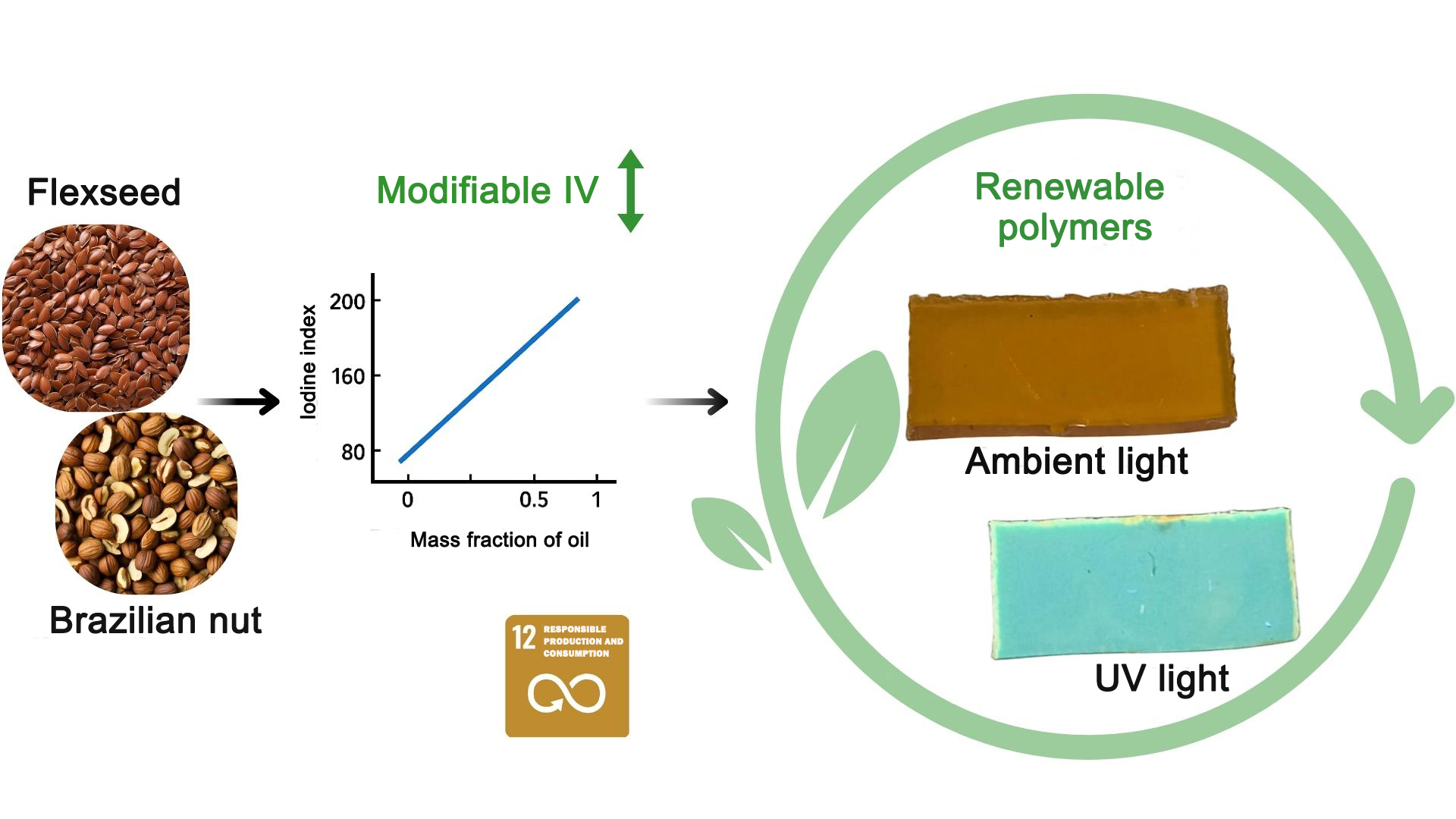
A study conducted at São Paulo State University characterized the properties of a formulation containing chemically modified flaxseed and Brazil nut oils.
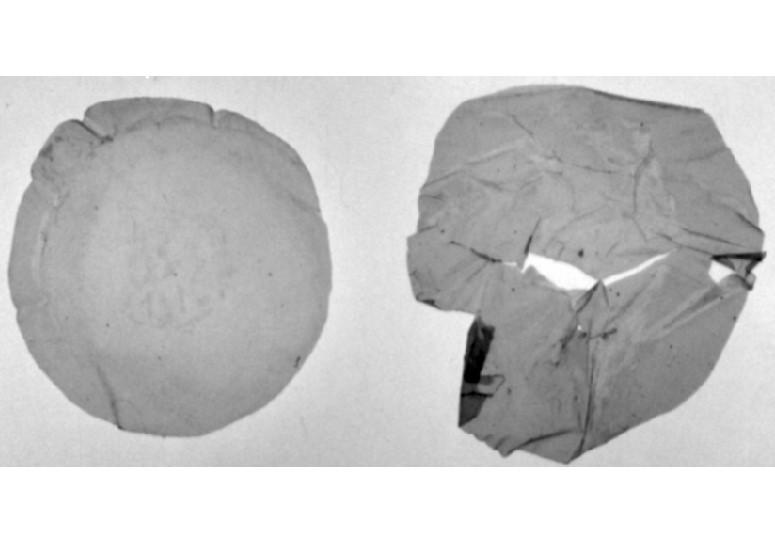
Called BR4, the microorganism breaks down PET and produces PHB, a high-quality biopolymer that can be used to manufacture sustainable packaging and for biomedical applications.
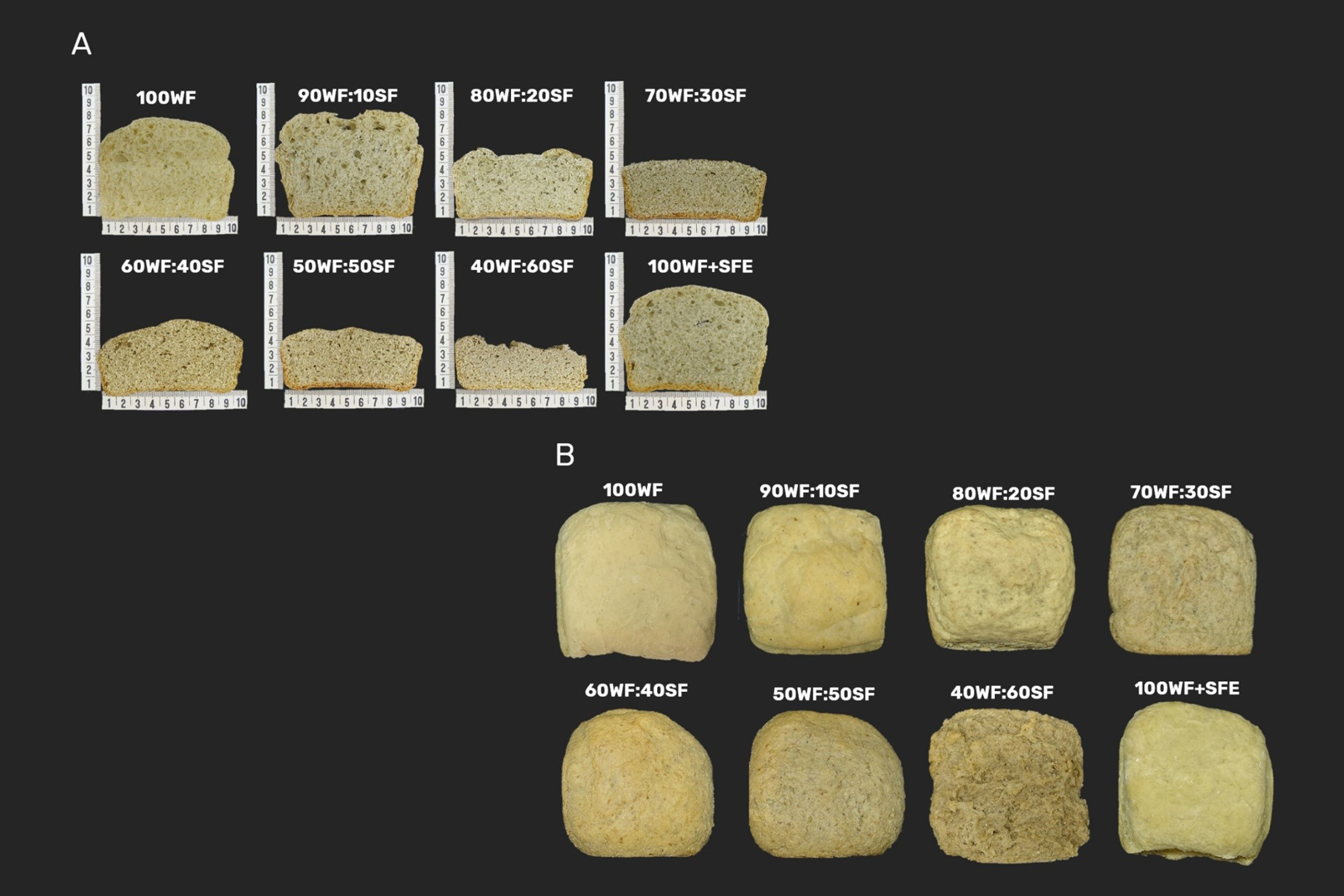
A study by Brazilian scientists shows that a by-product of industrial sunflower oil extraction can be used to produce functional breads with high nutritional value.
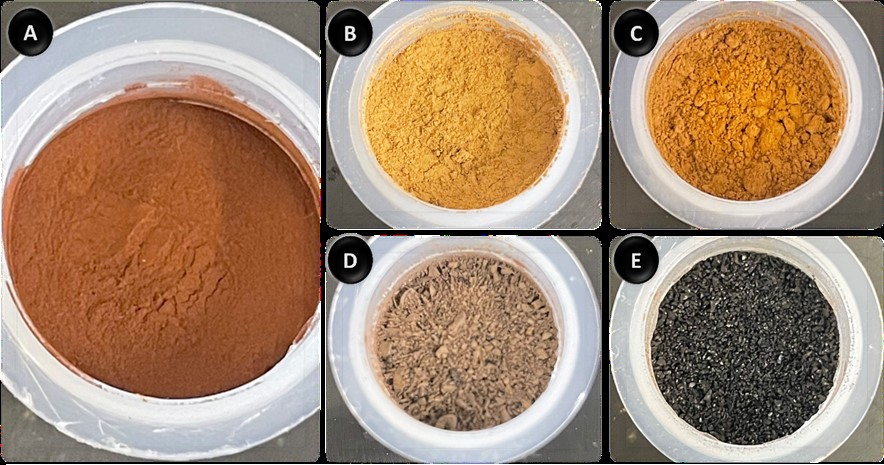
Acetic acid, a component of vinegar, was used by researchers in the state of São Paulo to fractionate kraft lignin. The method produces nanoparticles with different properties, including UV protection.
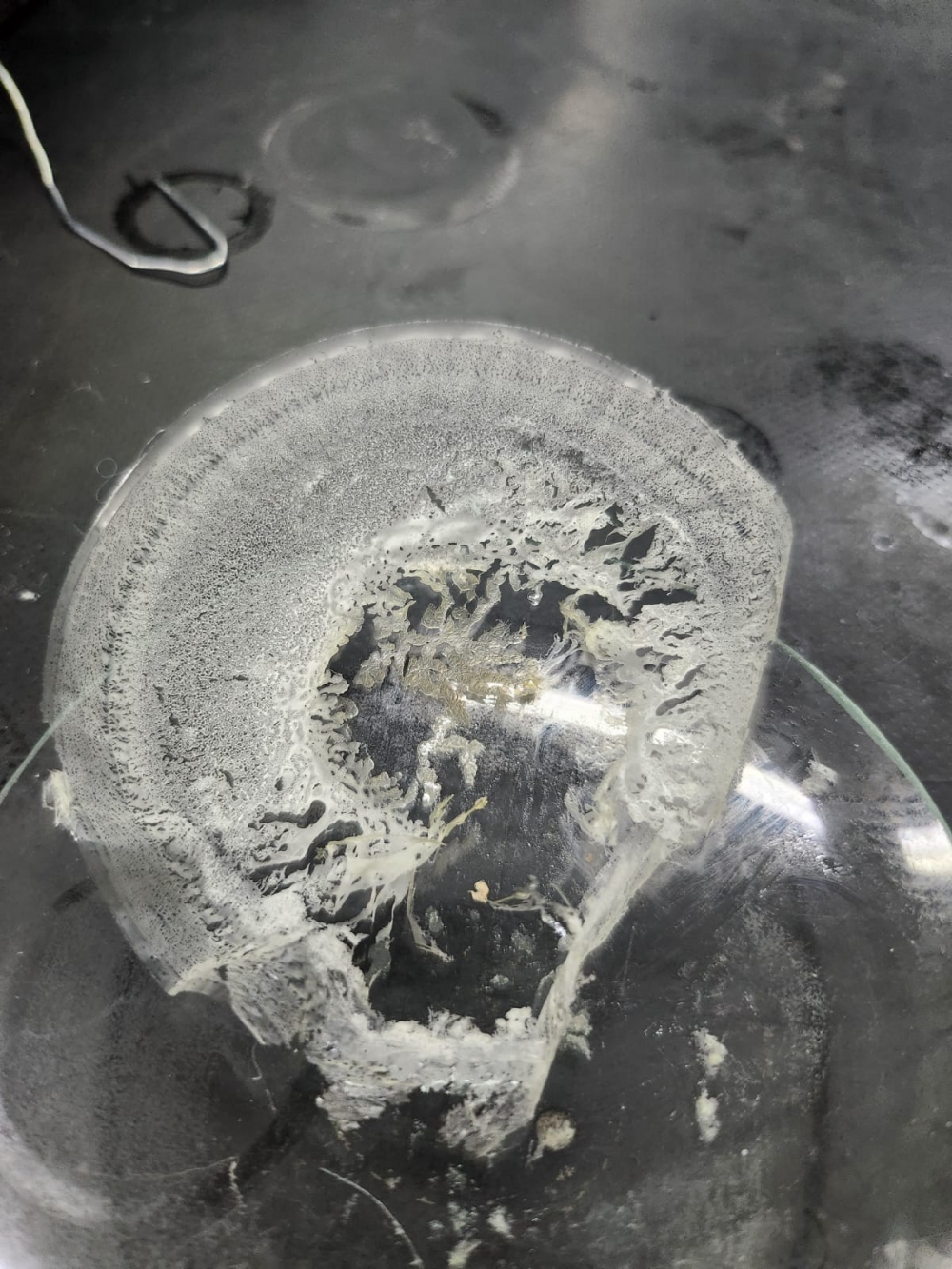
A startup supported by FAPESP has developed an alternative material using waste from the beer production process and used cooking oil.
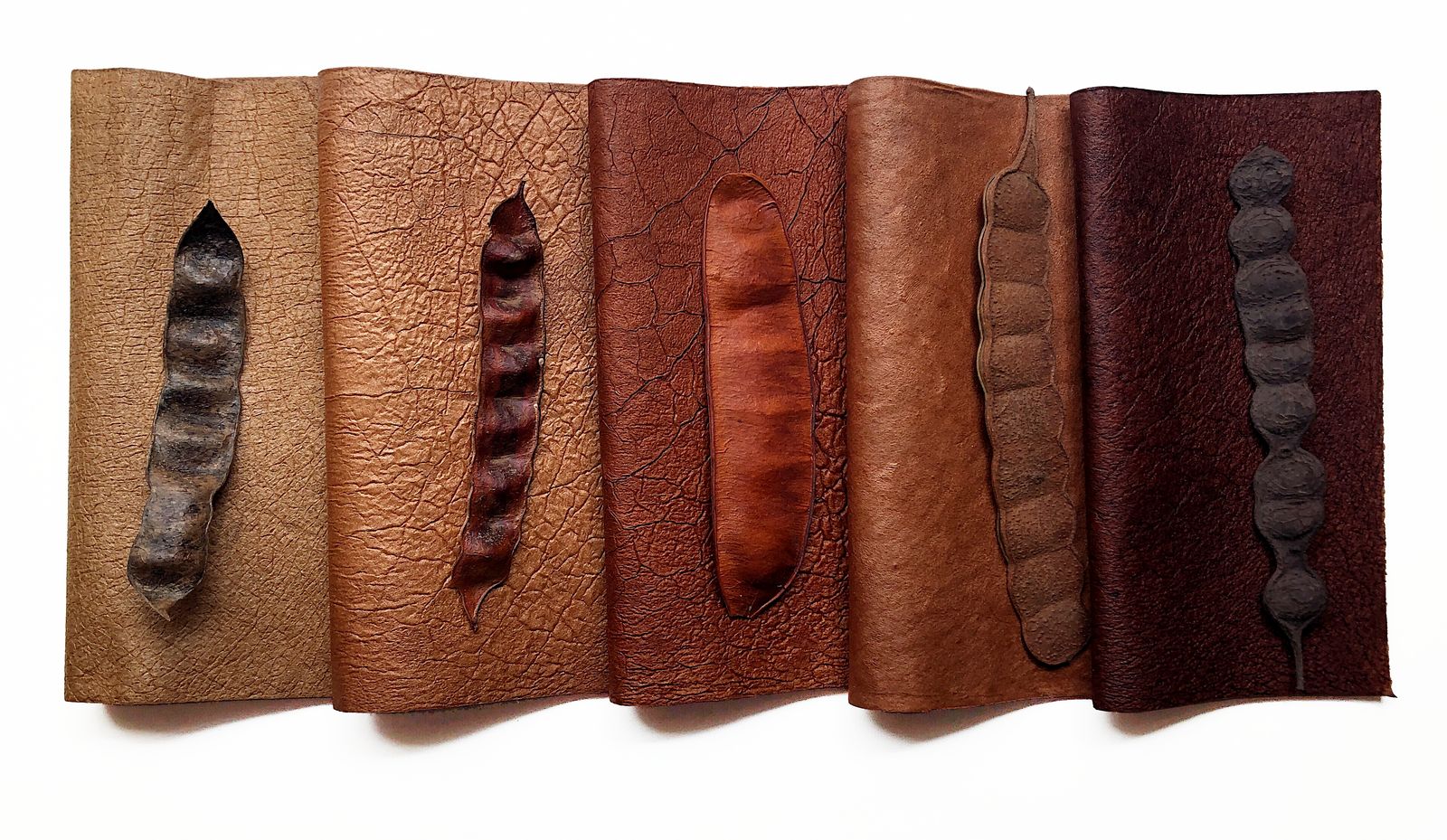
Startup supported by FAPESP develops promising sustainable solution from native flora; angico biotissue will be presented at VivaTech in France.
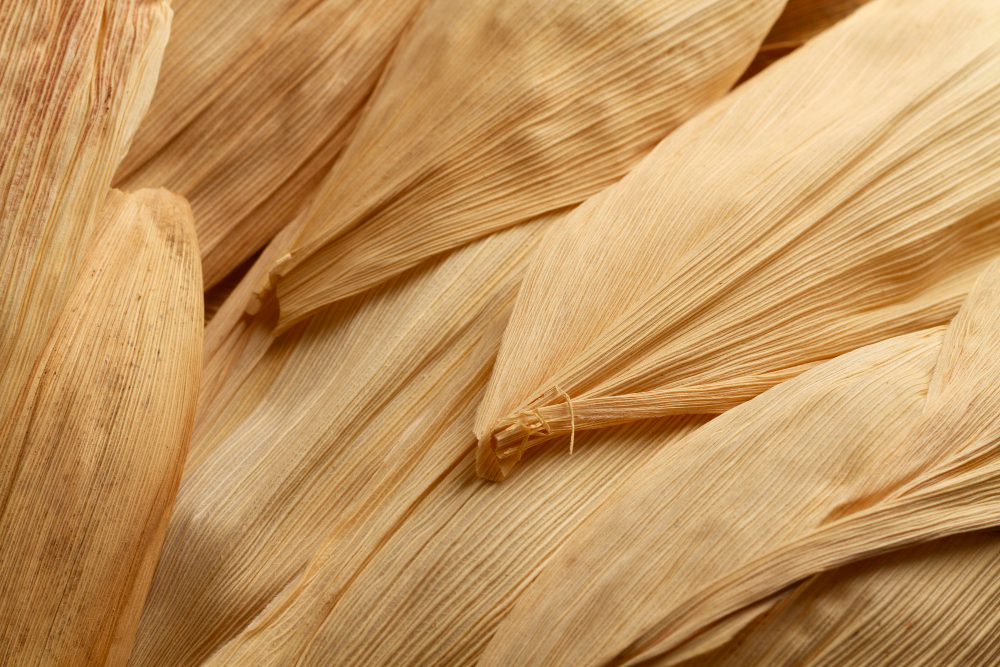
The optimized extraction of sugars, organic acids, and phenolic compounds with antioxidant, antimicrobial, and anti-inflammatory properties uses only water, making it promising for applications in the biofuels, pharmaceutical, and food industries.
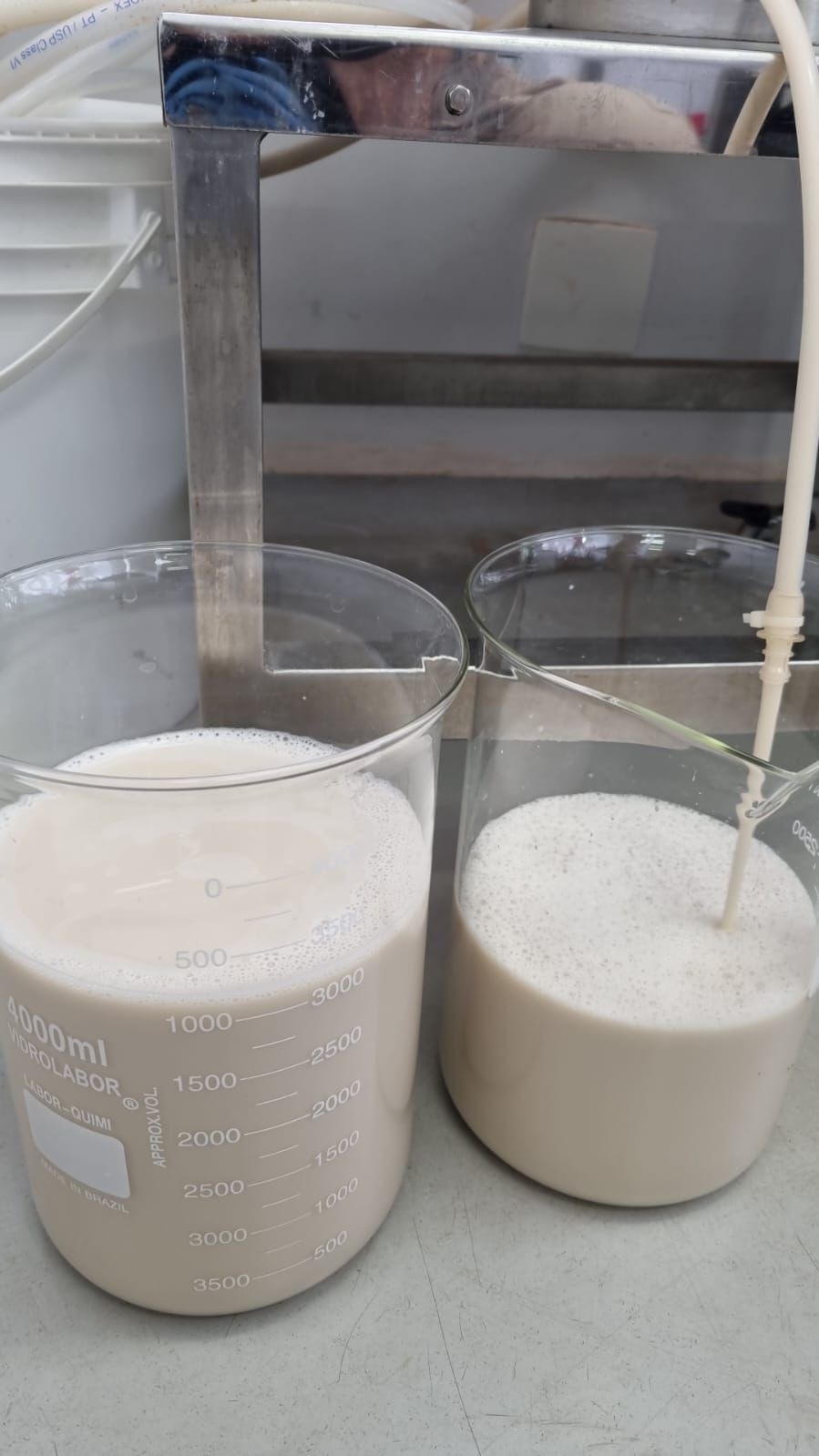
Future Cow uses precision fermentation to create dairy ingredients in a sustainable way; the startup, supported by FAPESP, was selected to participate in VivaTech, one of Europe’s largest innovation events.
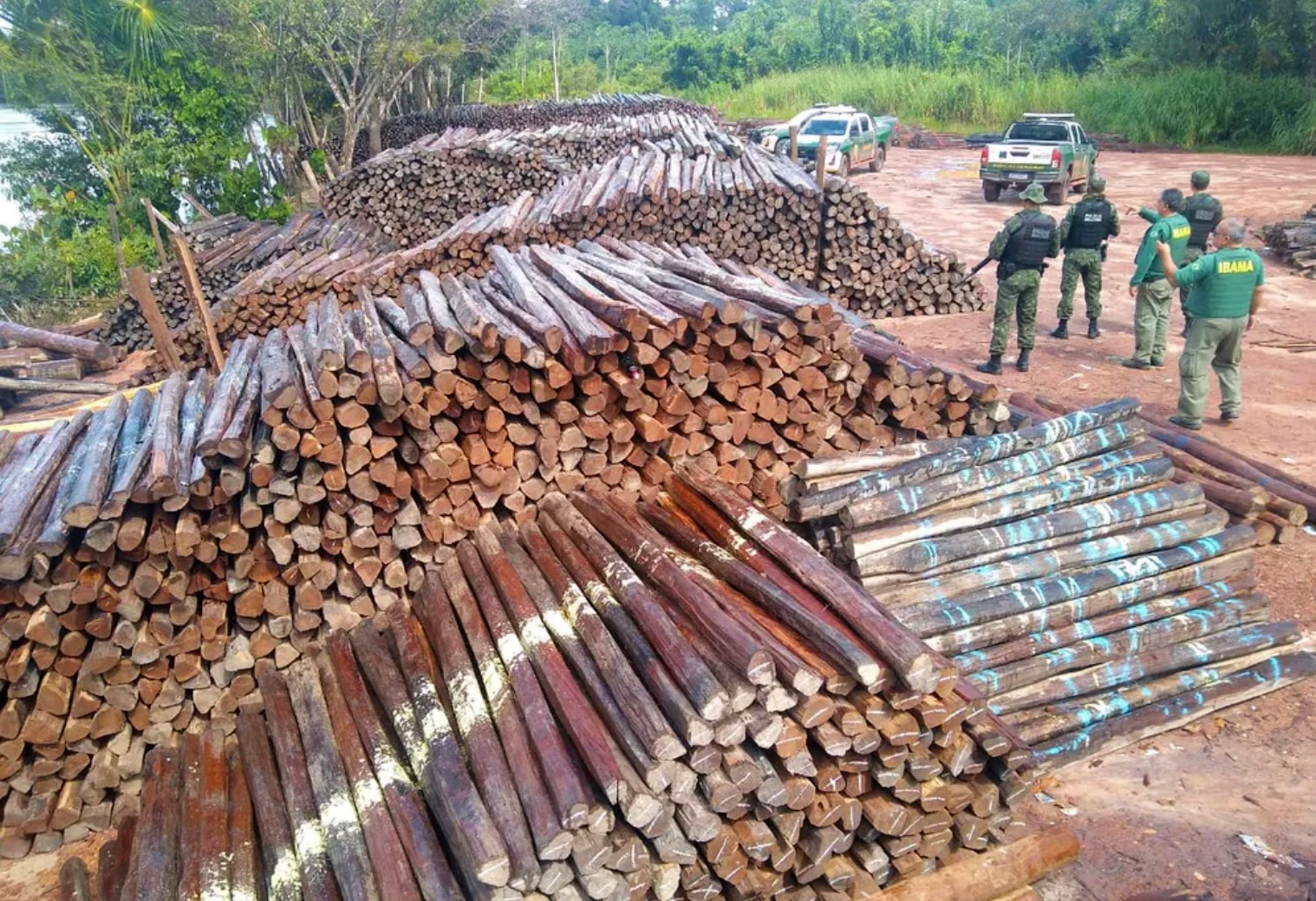
Solution developed at the Center for Research in Mathematical Sciences Applied to Industry is based on the analysis of the timber trade network.
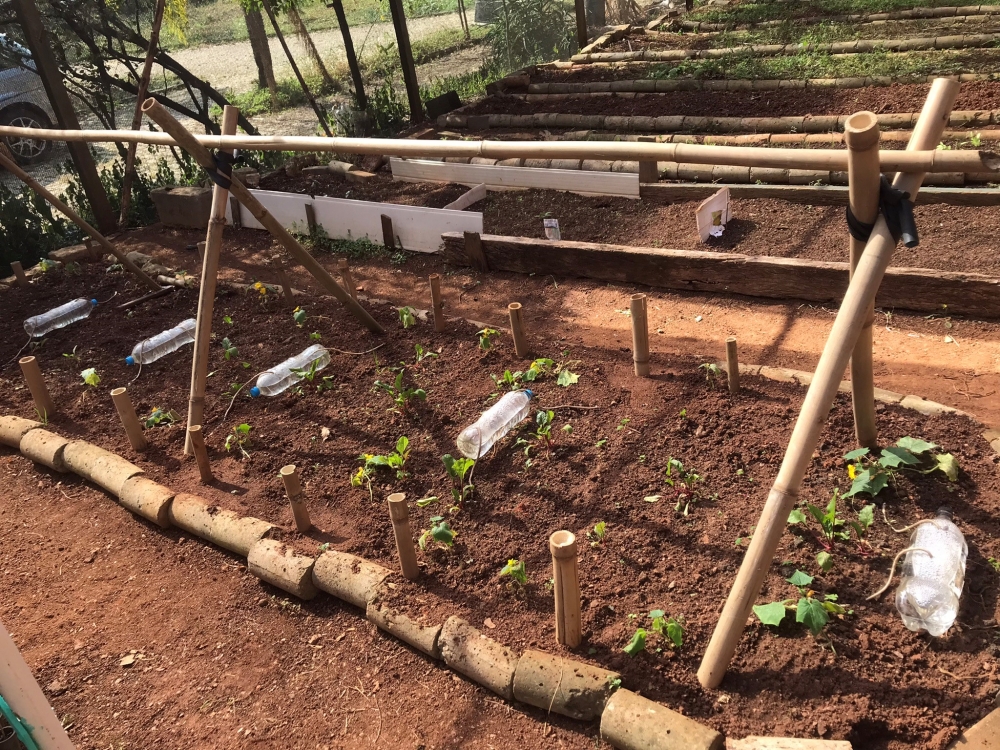
With the support of FAPESP, Santa Food Tech has developed a model to transform urban areas into laboratories of sustainability; the initiative is already implemented in four micro-regions of the state capital and in Guarulhos.